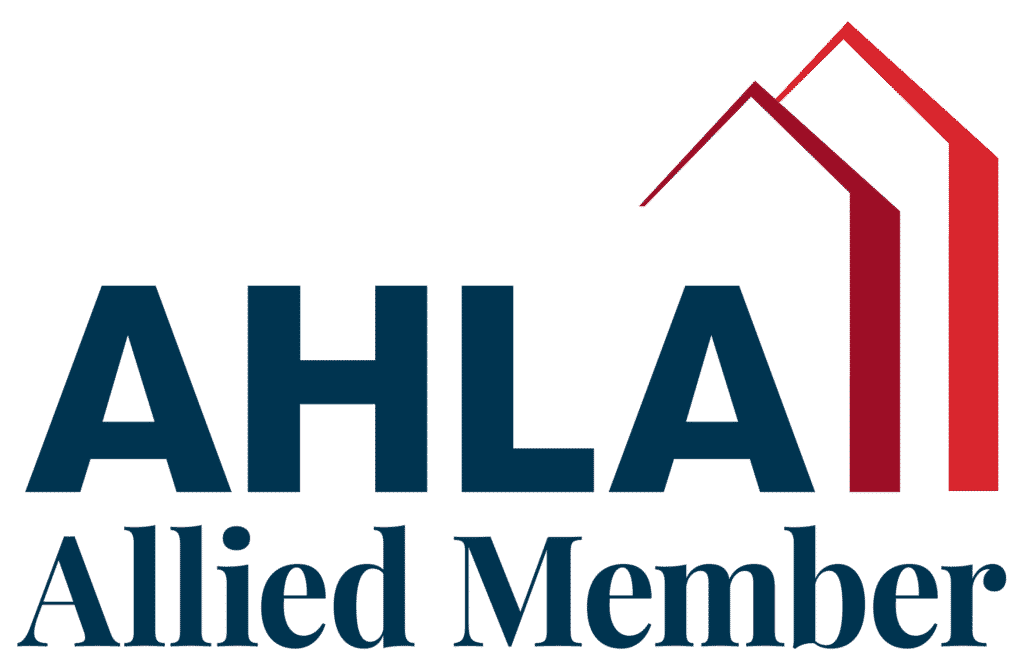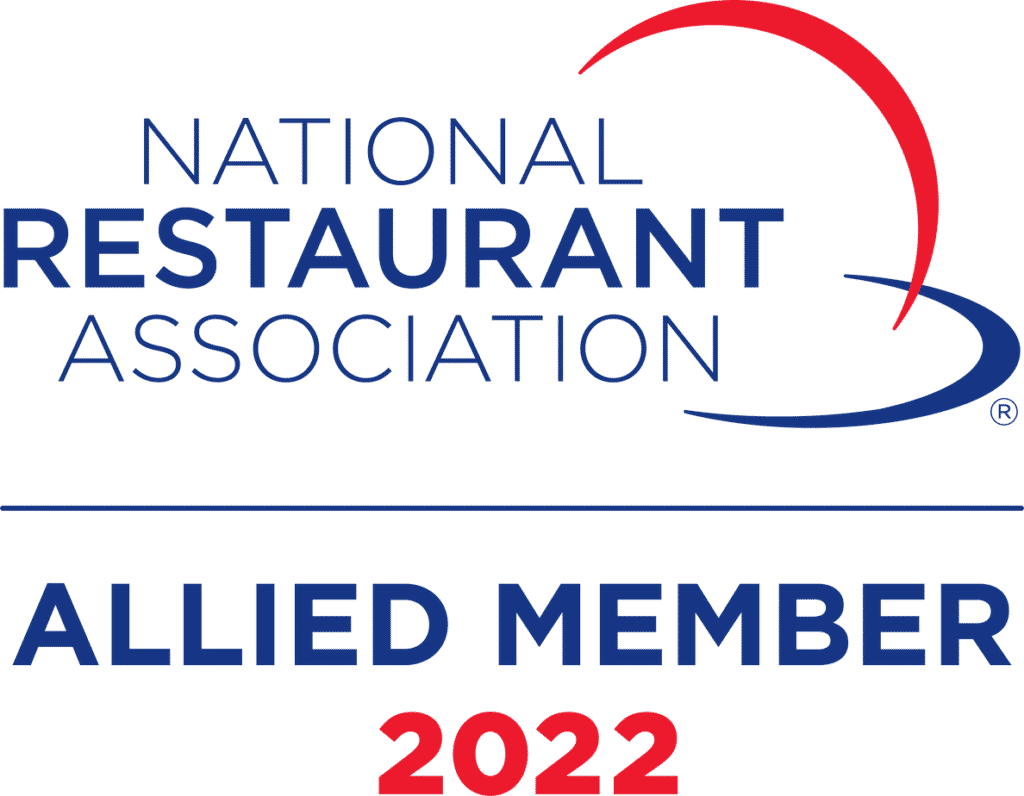If you’re a hospitality management professional searching for a new job, you may find yourself facing a common obstacle – a non compete agreement. These agreements, which restrict employees from working for competitors within a certain time frame or geographical area, can often pose a challenge when seeking new employment opportunities. To ensure you’re making informed decisions and protecting your career prospects, it’s important to understand the legal implications of your non compete agreement. In this article, we’ll explore key considerations to keep in mind when dealing with non competes in the hospitality industry.
Is Your Non Compete Agreement Legally Binding?
Before assuming that your non compete agreement is valid and enforceable, it’s crucial to consult with an employment lawyer. Merely assuming the agreement’s validity can cause costly litigation and legal complications. When seeking legal advice, be sure to bring all your employment papers, including the non compete agreement itself. Having a letter from your lawyer affirming your understanding and freedom from the agreement can provide additional support and clarity during job interviews.
Determining the Enforceability of the Agreement
When evaluating the enforceability of a non compete agreement, there are several factors to consider. First, the terms of the agreement must be clearly stated and discussed during the job interview process. It’s also advisable to obtain a lawyer’s summary detailing the specific restrictions outlined in the document. This analysis will help ensure that you fully comprehend the limitations and implications of the agreement. By taking this proactive step, you demonstrate to potential employers that you are aware of the restrictions and committed to abiding by them.
Understanding the Limitations
While non compete agreements generally aim to prevent employees from working for direct competitors, it’s important to carefully examine the specific limitations within your agreement. Some agreements may restrict you from taking clients from your previous employer or poaching employees from your former team. Understanding these limitations can help you align your career goals with potential employers who can accommodate these restrictions. Being upfront and transparent about your non compete agreement will establish trust with your new employer and showcase your commitment to protecting their interests.
Protecting Your New Employer
During the final days of your current employment, it’s crucial to handle confidential information and company assets with care. By following these guidelines, you can leave on good terms and maintain your professional reputation:
– Avoid accessing confidential documents without proper authorization.
– Return all company property, including documents, copies, and works in progress.
– Safely dispose of any information with sensitive addresses or contact details.
– Refrain from taking any client lists or materials that could provide a competitive advantage.
Instead, focus on maintaining a positive relationship with your previous employer. By leaving on good terms and assuring your former employer of your loyalty, you can help prevent any adversarial situations from arising.
No Non Compete Agreement? Proceed with Caution
If you were not required to sign a non compete agreement, you have more freedom in pursuing job opportunities within the hospitality industry. However, it’s essential to be mindful of your legal obligations to your current employer. While you may be free to work for any company, you must refrain from taking any intellectual property, client lists, or other proprietary information from your current employer. Engaging in predatory hiring practices can lead to legal ramifications and damage your professional reputation.
Seek Legal Advice When in Doubt
If you find yourself uncertain about the legal complexities of your non compete agreement or your rights as an employee, it’s always wise to seek legal advice. This can help shed light on any potential legal risks and ensure you make informed decisions throughout your job search. By taking the time to navigate non compete agreements diligently, you can protect your career and make strategic choices that support your professional growth in the hospitality industry.





